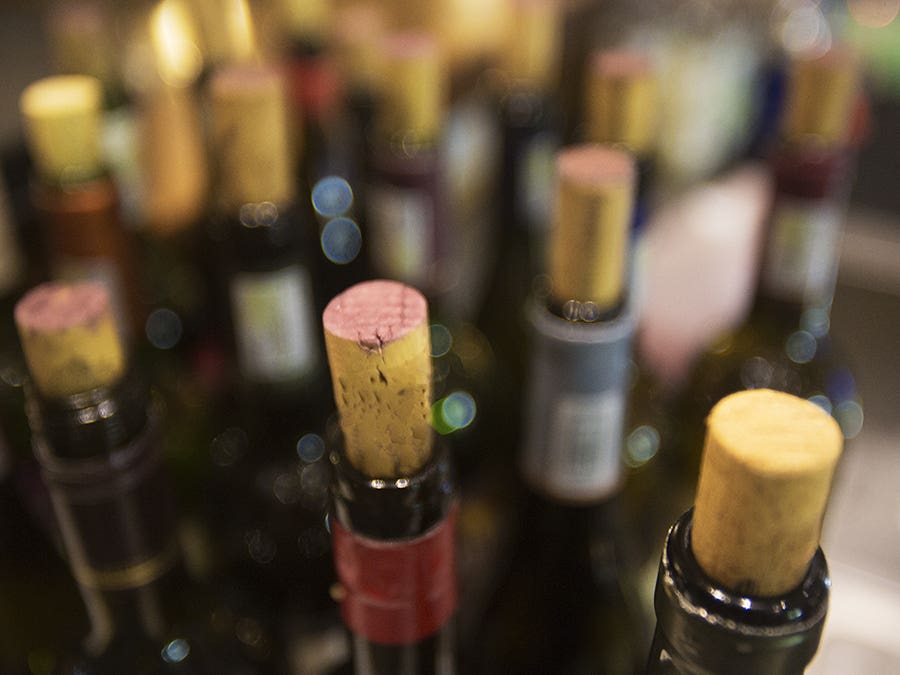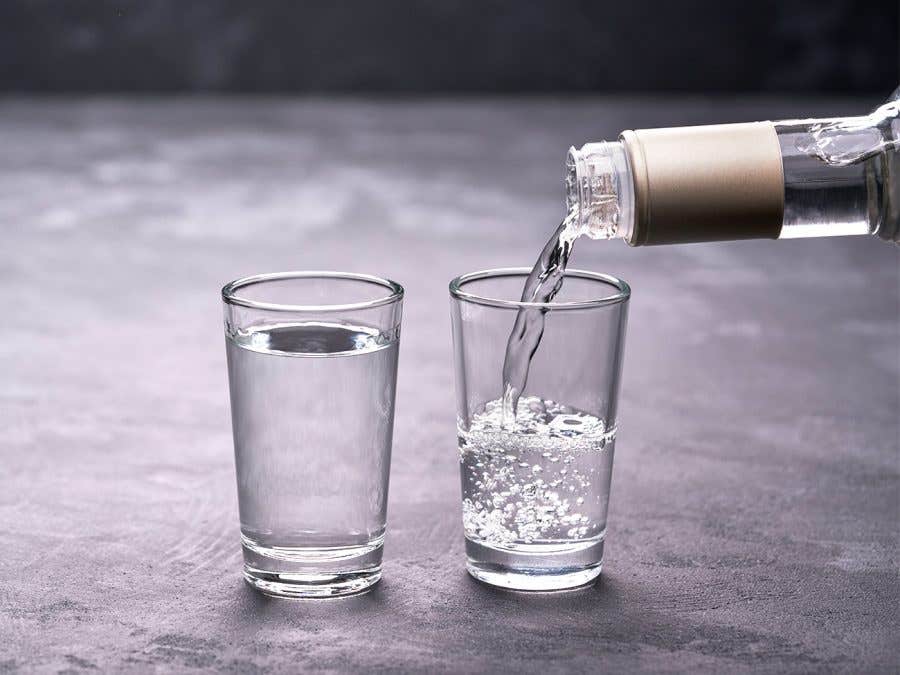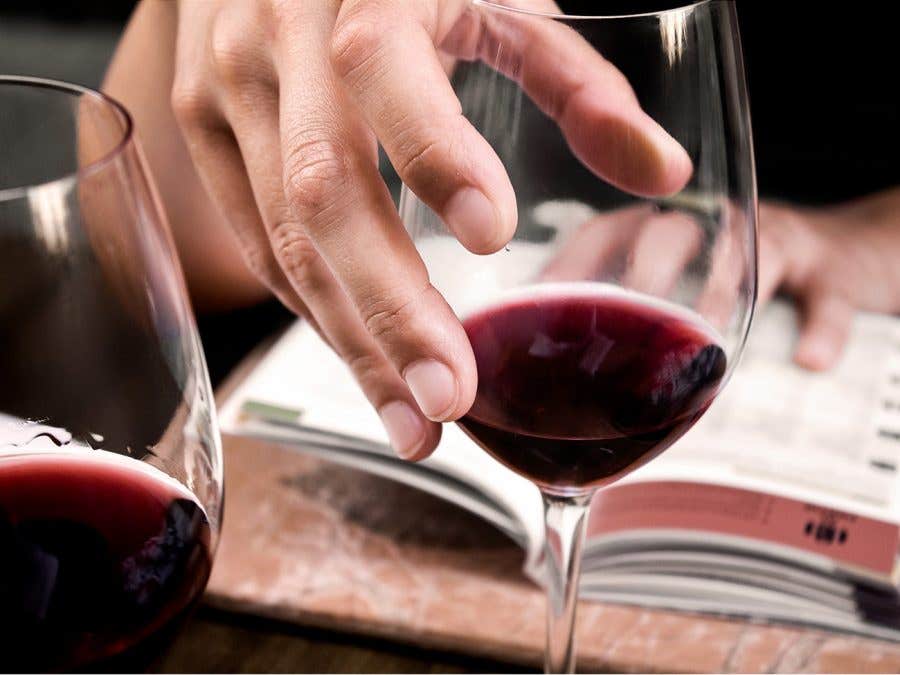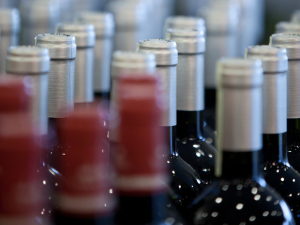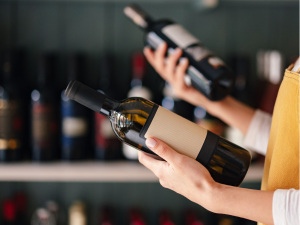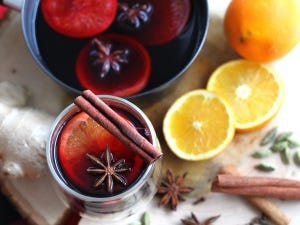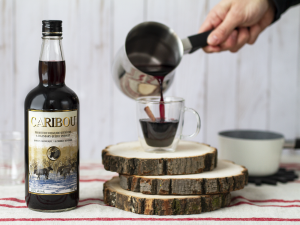750 ml wine bottles
We’ve all done it: recorking and storing an already-opened bottle of wine in the fridge for 24 hours. Most wines withstand this treatment just fine, or are, at the very least, still drinkable. Sometimes, contact with the air will even improve a wine, rendering it even more delicious the next day.
But what if you want to keep your leftover wine longer than a day? Do you need to slow down the oxidation process, and if so, what’s the best way to do it? Check out the surprising results of an experiment led by a group of experts.
3- or 4-litre boxed wines
Our French cousins call them “bibs”, but in English we just say, “bag in a box”! Because the wine is vacuum packed, the bag compresses itself as the wine is extracted, making it easy to keep for several weeks. As always, keeping it in a cool environment helps to prolong its shelf life even more. So, for red wines, best to serve your glass ahead of time and allow it to warm up 10 or 15 minutes before drinking it. And you can always refer to the best-before date on the packaging.
Fortified wines and others
The presence of sugar in these types of products, in addition to higher alcohol levels, make them easy to keep after opening. In the case of ports, those classified more as “reds” (such an LBV, Vintage or Ruby), are best enjoyed within two weeks of opening. Tawny ports, regardless of their age (and this includes Colheitas), keep fairly well once opened. Because they’ve already been exposed to a slow and progressive oxidation process, they’re more resistant to air. In fact, they can last up to 1 or 2 months in your fridge. And so it goes with most fortified products, such as Charentes, sherry, Madeira, etc.
Spirits
Thanks to their high alcohol levels, spirits and liquors are pretty stable. Hence, they don’t improve once bottled, but they don’t deteriorate either. So you can go ahead and stock your bar without worrying about losing your purchases if they’re not drunk fast enough!
Cream beverage
However, watch out for creamy liqueurs, such as Irish cream—they should be stored in the fridge and enjoyed before their expiration date. Avoid wasting creamy spirits by using them to make desserts even better; try it in cheesecake, brownies, chocolate mousse, and crème brûlée.
The ultimate test
Have an open bottle of wine or port in your fridge and want to know if it’s still good? The best way to find out is to taste it. We all have different levels of tolerance and perception when it comes to oxidative notes in wine, so it’s really a personal thing. And don’t worry—it’s not dangerous to take one little taste. The worse that can happen is you’ll grimace and throw the bottle out!
Related Posts
-
Read more
Its versatility has made it one of the most popular spirits in the world. Vodka lovers, learn more about its origins, traditions, and possible food and drink pairings.
-
Read more
Start the new year on the right foot with our Top 20 wines taken from four wine guides written by your favourite contributors. Whatever your taste, budget, or occasion, we have a wine for you!
-
Read more
Pop the bubbly and discover the perfect pairings for each taste tag!
 Free in-store delivery with purchases of $75+ in an estimated 3 to 5 business days.
Free in-store delivery with purchases of $75+ in an estimated 3 to 5 business days.
